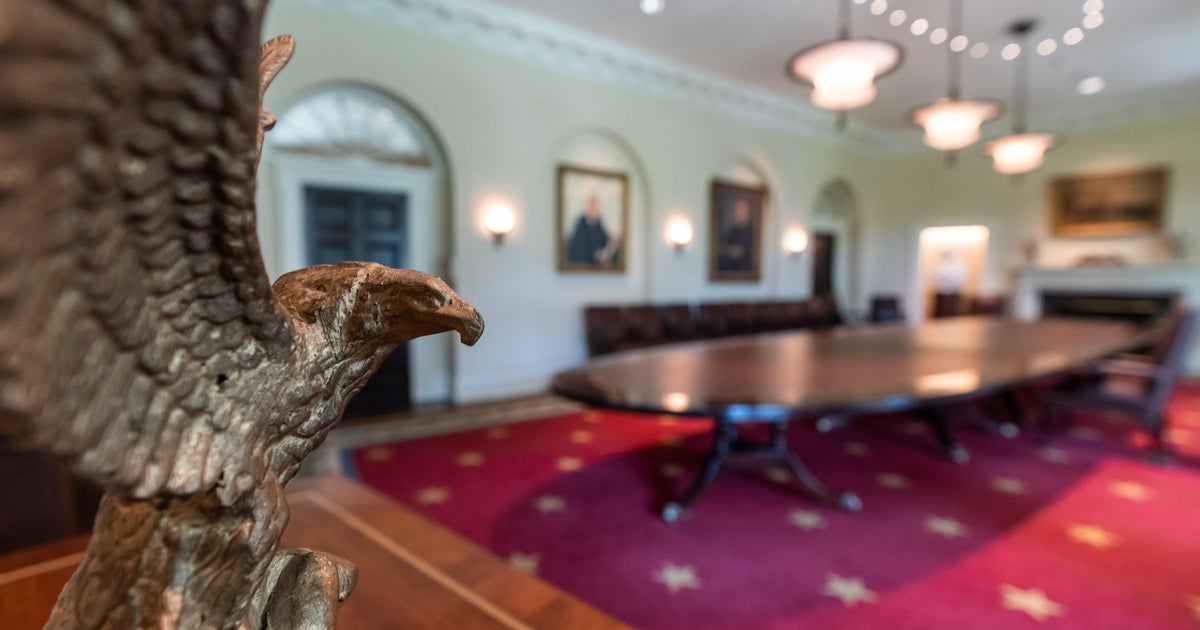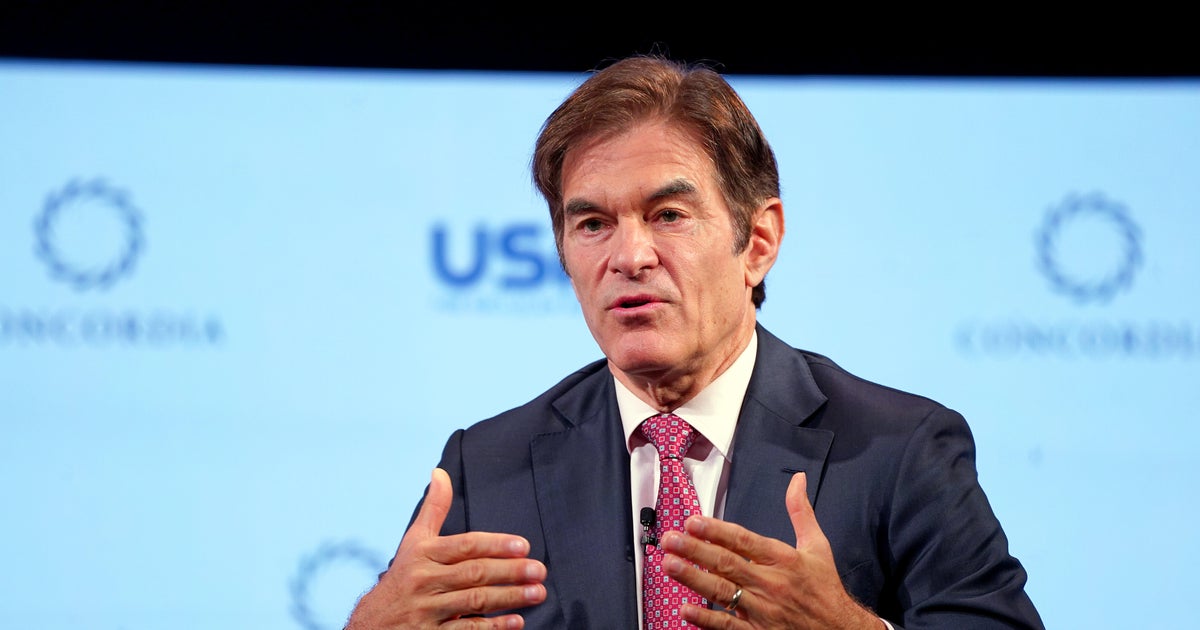Joe Biden warns Trump administration's vaccine distribution plans are "falling far behind"
Washington — President-elect Joe Biden warned Americans on Tuesday that they need to brace for a "very tough period for our nation" with soaring coronavirus case counts and deaths expected in the coming weeks and said the Trump administration's plans for distributing coronavirus vaccines are lagging.
"We need to be honest," Mr. Biden said in remarks from Wilmington, Delaware. "The next few weeks and months are going to be very tough, a very tough period for our nation, maybe the toughest during this entire pandemic. I know it's hard to hear, but it's the truth."
The president-elect repeated his warning that the pandemic will worsen in the U.S. before it improves, and again encouraged Americans to wear masks. "It's not a political statement, it's a patriotic duty," he said. He said he will mandate masks where possible in areas such as interstate travel in the first 100 days of his administration.
While Mr. Biden said the vaccines "give us enormous hope," he said the Trump administration's plan to distribute vaccines is "falling far behind."
"As I long feared and warned, the effort to distribute and administer the vaccine is not progressing as it should," he said, adding, "it's going to take years, not months, to vaccinate the American people" if the pace does not quicken.
Trump administration officials aimed to produce enough doses of coronavirus vaccines to inoculate 20 million Americans by the end of 2020 through Operation Warp Speed, but is set to fall short of that goal with the end of the year drawing near. Just 2.1 million people have received the first doses of the vaccine, according to the Centers for Disease Control and Prevention.
Mr. Biden said he will use his power under the Defense Production Act to order private companies to accelerate manufacturing of materials for vaccines and personal protective gear. The president-elect also said his incoming administration will roll out a public education campaign to persuade Americans to get the vaccine and will be putting forth to Congress a coronavirus relief plan in early 2021.
"We're going to get through this," he said. "Brighter days are coming, but it's going to take all the grit and determination we have as Americans to get it done."
Noting he does not take office for another three weeks, Mr. Biden urged President Trump to promote mask-wearing and encourage Americans to get the coronavirus vaccine when it is their turn to do so.
While the number of daily new coronavirus cases appears to be leveling off, public health experts warn the counts could be affected by underreporting due to the holidays and instead predict January could be a difficult month. There are more than 19.3 million confirmed cases of the coronavirus and the death toll, currently at more than 334,000, continues to rise, according to Johns Hopkins University.
Mr. Biden has repeatedly encouraged Americans to continue following public health guidelines intended to mitigate the spread of the coronavirus, such as wearing masks and remaining socially distant from others, even as two vaccines from Pfizer and Moderna are now being distributed and administered to health care workers and residents of long-term care facilities. The president-elect laid out this month key objectives to combat the coronavirus pandemic in his first 100 days in office and has acknowledged his immediate challenge once sworn in next month will be addressing the economic fallout from the pandemic.
Last week, the president-elect provided the contours of a coronavirus relief plan he intends to request from Congress, which would include another round of direct payments to Americans, as well as federal assistance for state and local governments.
Congress last week passed a $900 billion coronavirus relief measure, combined with a $1.4 trillion government spending bill, that includes $600 direct payments to Americans making up to $75,000. But Mr. Trump jeopardized the package after it had been passed by lawmakers, imposing an 11th-hour demand to increase the payments to $2,000.
The president ultimately relented Sunday after leaving the measure in limbo for several days and signed the legislation. The Democrat-controlled House passed Monday a bill to increase the direct payments to $2,000, though it's unclear whether it will be brought up for a vote in the Senate.



